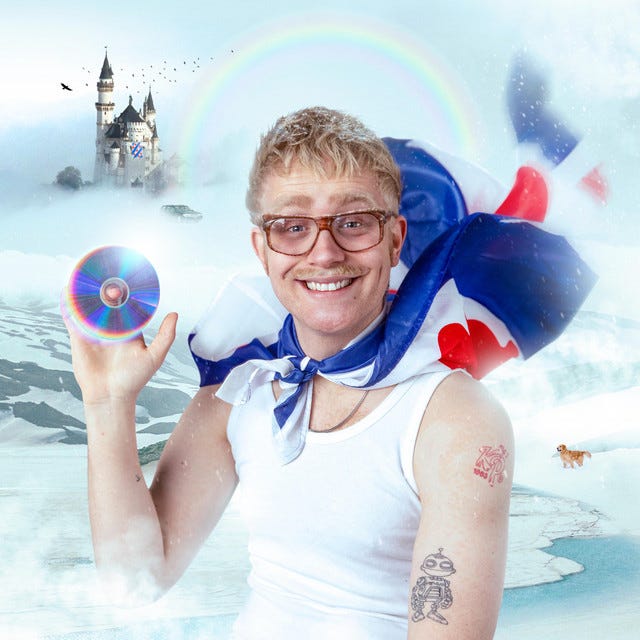EVERY GENRE PROJECT - December 14 - Nederpop
Genre of the Day - Nederpop
Album of the Day - Fryslân by Joost (2022)
With 195 officially recognized countries on the globe and thousands of cultures across states, it is an unfortunate symptom of time that even the most ambitious learner can’t take the time to equally learn about each. The other day, during a discussion of picks of study abroad locations, I remarked that I really just did not have an interest in spending months in the Netherlands. In selecting today’s random genre, I got not one but two Dutch genres! It is a reminder to neder say neder to any chance to learn.
Nederpop simply is an umbrella term describing Dutch pop since the 1970s, the country’s commercial distillations of elements also found in the more quaint and simple levenslied and the country’s wealth of intense dance genres. Strangely enough, Dutch music sung in English rather than Dutch dominated the philosophy of Dutch pop and rock for decades. This has been part of a bid by the country to demonstrate their willingness to participate in global cultural exchange and to prove their sophisticated proficiency in the lingua franca; 90-95% of the Netherlands’ population is fluent in English. However, in this excellent paper, Illés Plompen points out that most Dutch popular music consisted of imitations of Anglo-American trends and the use of English was pervasive as a result.
It seems ironic that the Dutch language would only take a greater role in the popular music ecosystem of nederpop as rap became a dominant force in the 2000s, as rap is also an American phenomenon. However, it logically tracks that rap can engender a greater appreciation for language and of words’ particularities and potentials, so its influence built a poetic playground for the use of Dutch to thrive. This heightened cultural appreciation follows in the efforts of acts like Doe Maar in the 1980s, a band that transfused punk and ska while singing in Dutch, and tirelessly worked to prove their worth to a Dutch rock zeitgeist that cringed at the use of the Netherlands’ own language.
Joost proves that cosmopolitanism and cultural dexterity in Dutch music should not be defined by the use of English, but by the ability to work within genres that have been definitional to the country’s popular music in recent decades and engage with emergent transnational trends. There’s seamless transitions from guitar-driven, alt-rock flirtation in “2002/2001” to the chippy, kitschy throwback rave of “Joost Klein 4,” or the stomp-and-holler of “Rookpauze” that struts into hammy house on “Fryslân Bop.” In an homage to Doe Maar, Joost harkens back to their cartoonish brand of ska, the Dutch delivery perhaps self-knowingly playing up in cartoonishness. The refrain translates as “I just want some luck.” Fortunately for the Dutch language, nederpop artists have brought it back into focus in Dutch popular music.




